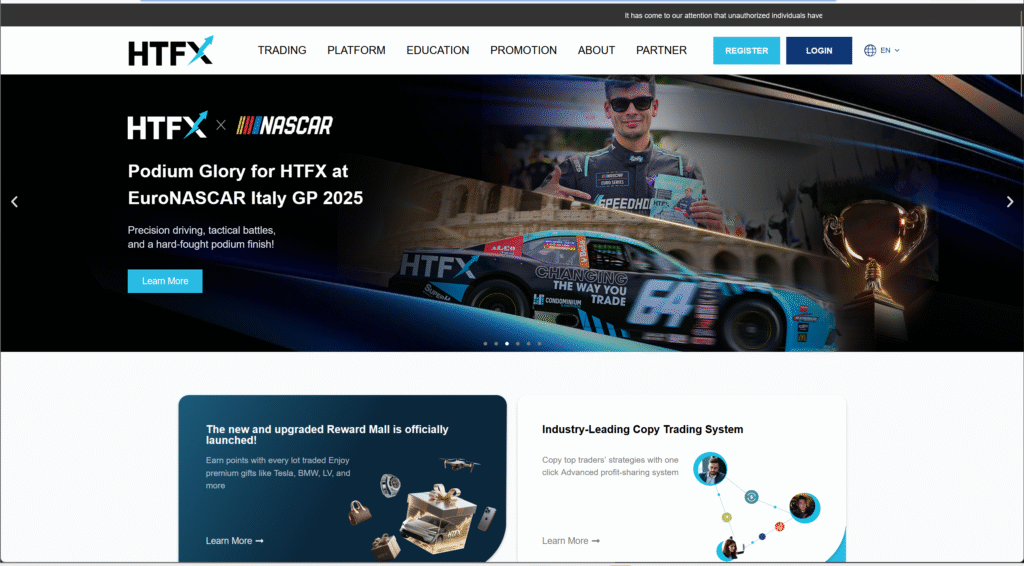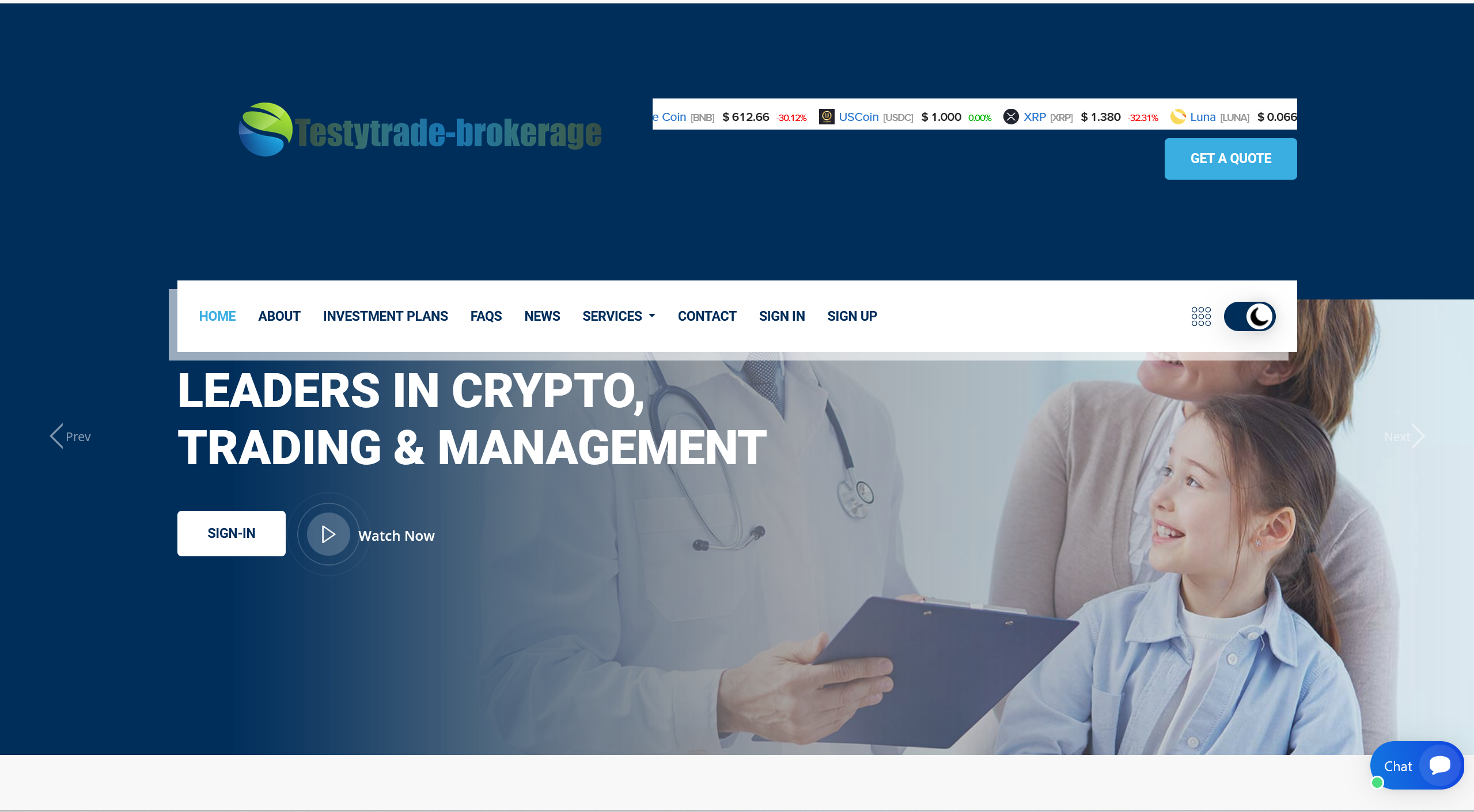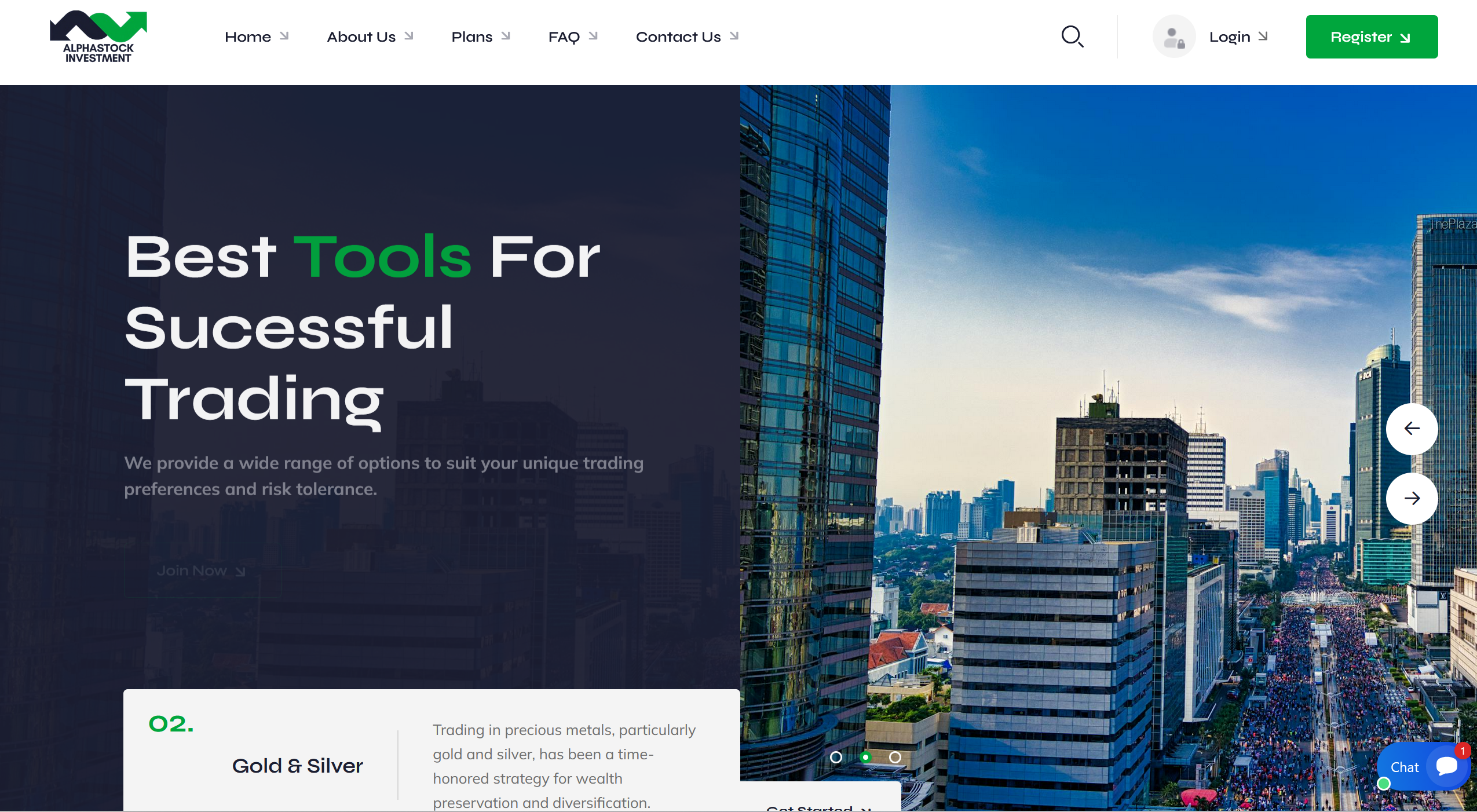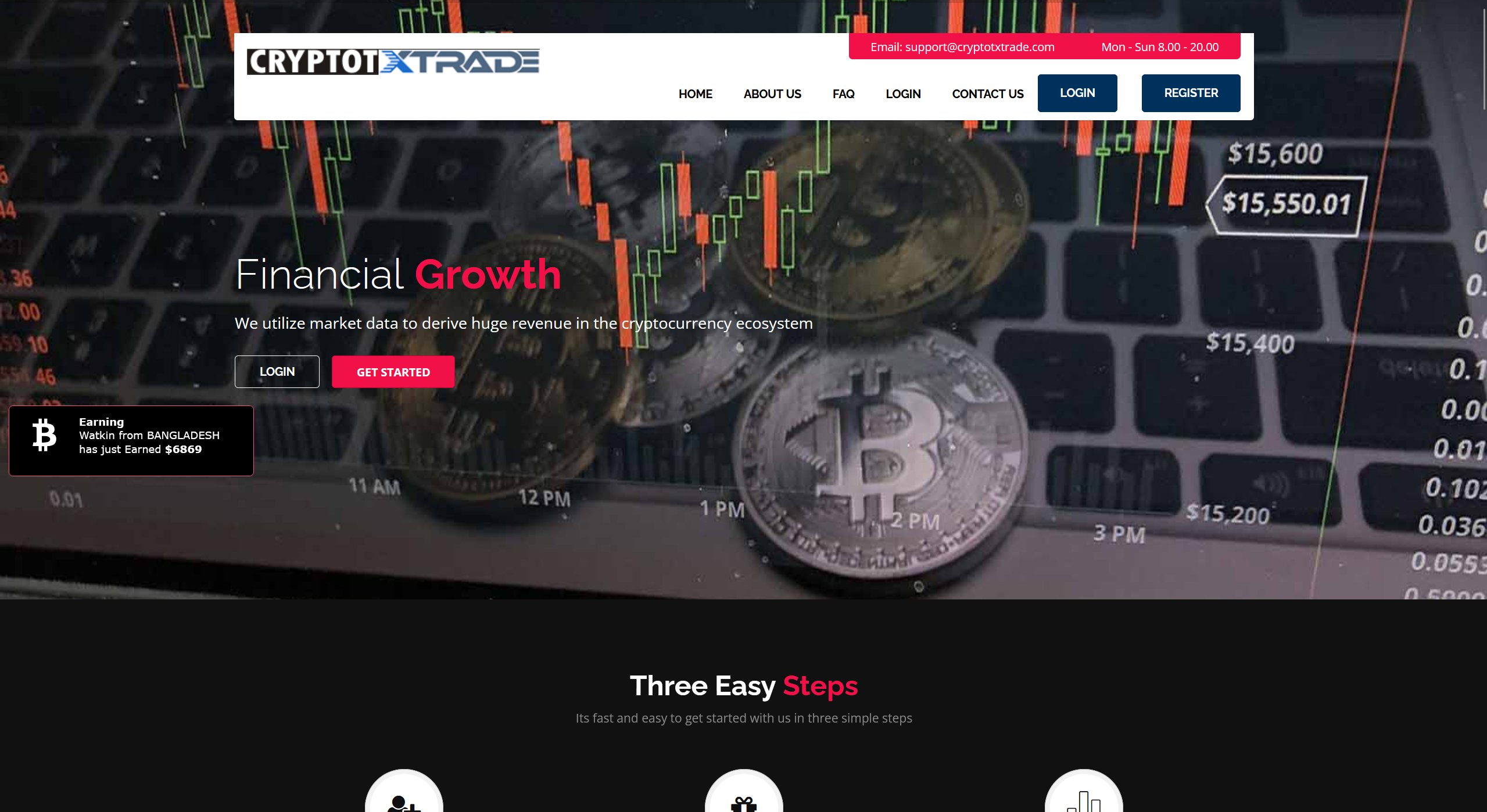
If you’re considering HTFX (including domains like htfx.co or htfx.com) as your next brokerage platform, you must know: this is not a straightforward decision. While the brand presents itself as a regulated global broker, many signs point to risk, ambiguity and potential walk-away danger. Below are ten hard-hitting red-flags that every serious investor must assess before depositing funds.
1. Regulation Claims vs. Verified Status
HTFX claims to have licences and oversight under major regulators. However:
- The Financial Conduct Authority (FCA) warns that “HTFX/htfxpro.com (Clone of FCA authorised firm)” is not authorised.
- Review sites indicate the broker is regulated in offshore jurisdictions (e.g., Vanuatu) but lack verification of major regulator licences for the entity you sign up with.
This mismatch between claimed regulation and verified status is a major concern — you may not have meaningful investor protections.
2. Mixed User Experience — Withdrawal Complaints
User reviews and platforms capture both positive and serious negative experiences:
- Some traders praise fast deposits and “no issues” for a time.
- Numerous others report withdrawal delays, account freezes, communication breakdowns. For example: “they kept my money and cut off contact.” When complaints concentrate around exit issues, that shifts a broker from risk to alarm.
3. Brand & Domain Confusion — Clone Risk
The FCA explicitly identifies “HTFX/htfxpro.com (Clone of FCA authorised firm)” as a clone firm using the brand of a legitimate entity to trick investors.
Clone firms often operate with minimal oversight and may not correspond to the entity you believe you’re dealing with. If domains, names or regulatory details don’t match exactly, you might be exposed.
4. Offshore Jurisdictions & Weaker Protections
While HTFX is said to operate under offshore regulators (e.g., Vanuatu Financial Services Commission) in some reviews, these jurisdictions offer weaker protection for client funds than major on-shore regulators.
If something goes wrong, your legal recourse and compensation options may be minimal.
5. Minimum Deposits & Trading Conditions – Too Good?
HTFX claims low minimum deposits (e.g., USD $50 Cent account) and very high leverage (500:1) in some listings.
High leverage + minimal entry cost = high reward and high risk. Especially when regulatory oversight is weak, this increases capital vulnerability.
6. Accounts, Platforms & Asset Selection Sound Good—but the Details Matter
HTFX offers accounts like Cent, Standard, ECN, and platforms such as MT4/MT5.
But the promotional claims only matter if execution is fair, spreads are realistic, and withdrawal mechanisms work. Without proven track record, these features alone aren’t enough.
7. Transparent Ownership & Corporate Structure Are Vague
User reviews and investigations flag a lack of clear information regarding the company’s ownership, its physical base, and the exact entity you’re contracting with.
When you can’t determine exactly who holds your funds and under what legal jurisdiction, you’re exposed.
8. Trust Scores & Review Site Flags Tell a Troubling Story
According to WikiFX, HTFX has a score around 2.45/10 and “164 complaints” in the last 3 months in some jurisdictions.
Low trust scores and high complaint numbers are meaningful indicators. They don’t guarantee scam, but they indicate something is not right.
9. Mixed Messaging – Good Marketing vs. Hard Realities
HTFX’s website assets trumpet awards, “global sponsorships,” and premium service.
Meanwhile real-world user stories show mismatches — promises of “withdraw anytime” turning into locked funds or “add more money to release.”
When marketing and user experience diverge, you must ask whose narrative you trust.
10. Your Risk is Elevated Without Safeguards
When you combine: unverified regulation, withdrawal complaints, clone brand risk, high leverage, limited accountability — you arrive at a scenario where you are bearing significantly more risk than typical regulated brokerage.
If everything goes well, you might trade fine for a while. But if something goes wrong: what protections do you have, how do you withdraw, who’s responsible? These unanswered questions are your threat zone.
EXCLUSIVE CONCLUSION
Here’s the bottom line: HTFX may appear as a legitimate broker — with slick site, trading platforms, account types, and promotional material. But beneath the façade lie serious warning flags that you cannot ignore. Treating it as just another broker when the evidence suggests otherwise would be reckless.
Firstly, regulation matters more than marketing. A licence from a major on-shore regulator (FCA, ASIC, CySEC) provides meaningful protection. HTFX’s claims of such regulation are inconsistent, with verified clones flagged by authorities. That means you might be trading with an entity that mimics a legit brand without the protections. That alone erodes the foundation of trust.
Secondly, your ability to withdraw funds and exit trading is as important as your ability to enter. For HTFX, while some users report smooth operations, a significant number report withdrawal failure, sudden fees, or account freezes. Your funds entering is easy; your funds exiting may be hard or impossible. That’s an unacceptable risk for serious capital.
Thirdly, high leverage and low minimum deposits — while attractive — create a risk amplifier. If you’re trading with such conditions in an environment where oversight is weak, you’re layering risk upon risk. If the broker fails to execute trades fairly, or worse, manipulates conditions, you have minimal recourse.
Fourthly, clone risk and brand confusion: The fact that regulatory bodies have specifically identified clone sites using HTFX’s name suggests you might unknowingly be dealing with a completely different entity. Always verify the exact company name, jurisdiction, regulatory number, and domain. Don’t assume brand recognition equals legitimacy.
Fifthly, you must approach this as high-risk speculation, not routine investing. If you decide to engage with HTFX:
- Deposit only funds you can afford to lose.
- Use minimal amounts initially, test real withdrawal.
- Document every transaction, communication, and screenshot.
- Ensure your account is with the correct regulatory entity, not a clone.
- Be prepared for worst-case: inability to withdraw, loss of funds, or legal silence.
If you’re looking for a safer path, consider brokers with transparent regulation, long public history, large user bases, strong trust ratings, and clean withdrawal records. For HTFX, none of those safety lines are sufficiently clear or consistent.
In short: HTFX might work — but you have no guarantee. Your risk is elevated, your protections are unclear, and your exit strategy is unconfirmed. If you were looking for a “safe, regulated broker” you can trust without worry — HTFX does not fit that profile. If you’re looking for high-risk speculative trading with full awareness of potential downside — you may proceed but only with caution, small capital, and a strong risk-first mindset.
Your money and your capital deserve platforms with verifiable integrity, clear regulation, and withdrawal reliability. If HTFX can’t consistently demonstrate those — the smarter choice is to stay out or treat your involvement as a cautious experiment rather than a core investment.





